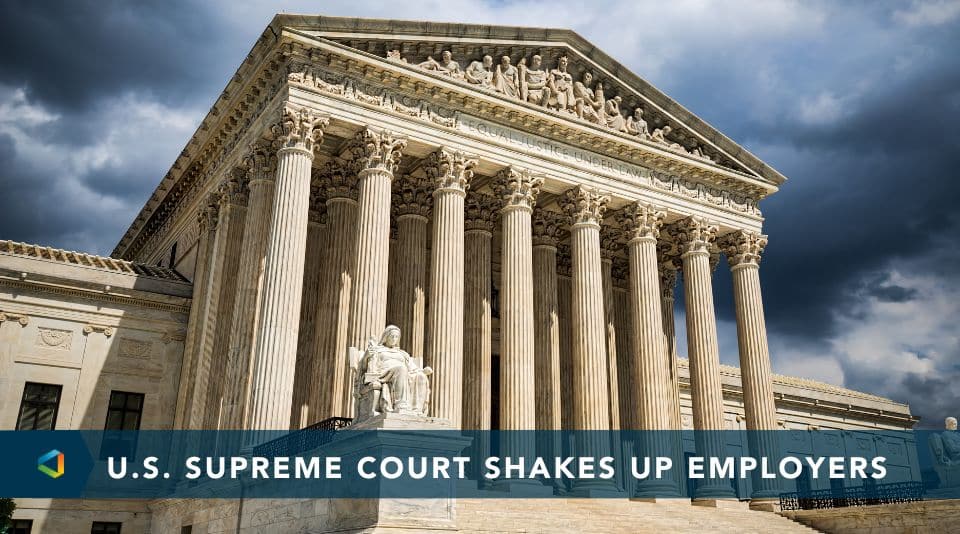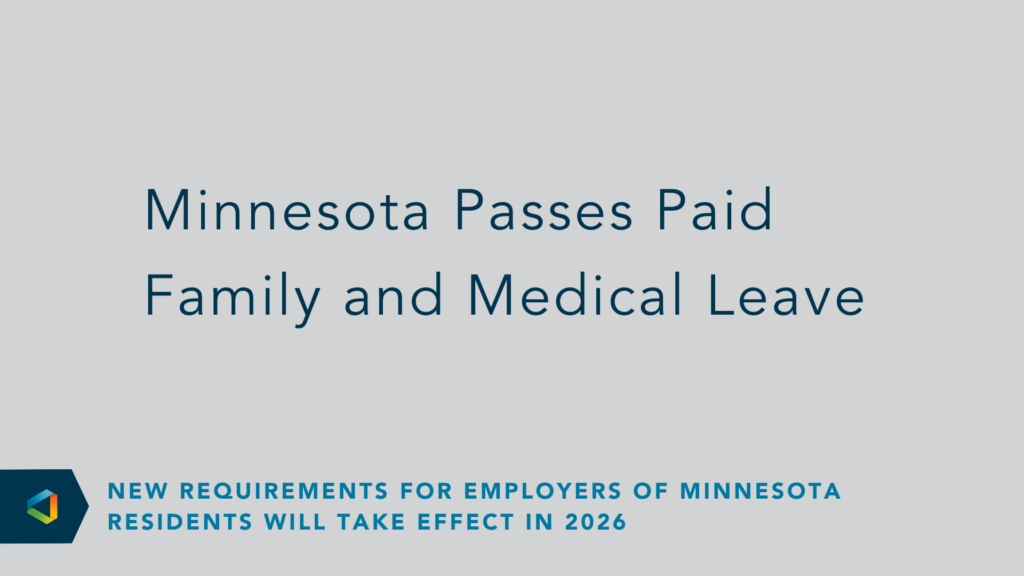APPLIES TO |
EFFECTIVE |
QUESTIONS? |
| All Employers with Washington D.C. Employees | Spring 2017 and July 1, 2020 | Contact your OneDigital Representative |
Washington D.C. Mayor Muriel Bowser approved two new bills that will significantly impact employers.
These bills (1) restrict employers from inquiring into or using credit history when making employment decisions and (2) expand the statewide Paid Family and Medical Leave Law.
Prohibition on Credit History in Employment Decisions
Mayor Bowser signed B21-0244, the Fair Credit in Employment Amendment Act of 2016 (the “Act”), on February 15, 2017. The act becomes effective following a 30 day congressional review period. The Act amends the Human Rights Act of 1977 and prohibits employers from directly or indirectly inquiring into, or seeking out, employee credit information. Employers may not require employees to submit such information as a condition of employment, and may not use this credit information when making employment decisions.
The Act provides very limited exceptions to this rule. The prohibition does not apply to certain police officer positions, certain positions requiring security clearance under D.C. law, and positions at financial institutions that have access to others’ personal financial information, among other narrow exceptions.
Action Items
- View the full text of the Fair Credit in Employment Amendment Act here.
- Review and remove credit history inquiries or screening procedures from applications, interviews or other employment processes where applicable.
- Have hiring staff and other management personnel trained on prohibition of credit inquiries.
- Subscribers can contact a OneDigtial representative for further assistance.
Amendment to Paid Family and Medical Leave Law
Also on February 15, 2017, Mayor Bower announced that she will not veto Bill 21-415, the Universal Paid Leave Amendment Act of 2016 (the “UPL Act”). Effective after a 30 day congressional review, the UPL Act implements increases to D.C.’s paid family and medical leave benefits beginning July 1, 2020. The UPL Act calls on the Mayor to issue proposed rules for implementation of its provisions.
Universal paid leave includes three types of paid leave:
-
Family Leave:
up to six workweeks per 52-workweek period to care for a family member who is diagnosed or has an occurrence of a serious health condition
-
Medical Leave:
up to two workweeks per 52-workweek period for an employee’s own diagnosis or occurrence of a serious health condition, to be taken within one year of the qualifying medical leave event.
-
Parental Leave:
up to eight weeks per 52-workweek period to bond with a newborn child or child placed for adoption, foster care, or in loco parentis, to be taken within one year of birth or placement
Leave details.
Universal paid leave is also job-protected when it runs concurrent with the D.C. Family and Medical Leave Act (“DCFMLA”), which provides a maximum of 16 weeks of unpaid, job-protected leave every two years. Universal paid leave can be taken intermittently or all at once and includes a one-week waiting period during which no benefits are available. However, if an employee uses leave more than once in the 52-workweek period, there is an additional waiting period.
Compensation.
Rather than having to directly pay wages during leave, universal paid leave will be paid through the Universal Paid Leave Implementation Fund, which will be funded by an employee payroll tax. Collections are expected to begin by July 1, 2019.
Coverage.
Although all private employers are covered by the UPL Act, universal paid leave job-protection requirements only apply to employers of more than 20 employees, since DCFMLA applies to employers of 20 or more. Federal and state employees are exempt from the UPL Act. Covered employees must spend 50% or more of their work time for a covered D.C. employer and have worked “some or all” of the previous 52 calendar weeks for the employer. The UPL Act does not supersede collective bargaining agreements that provide paid leave rights in addition to what is provided under the UPL Act.
Notice requirements.
D.C. employers must provide employees with a notice of their right to take universal paid leave upon hire, annually thereafter, and each time the employer becomes aware of the need for leave. This notice should also be posted in a conspicuous location; the mayor is expected to create a poster for employer use.




